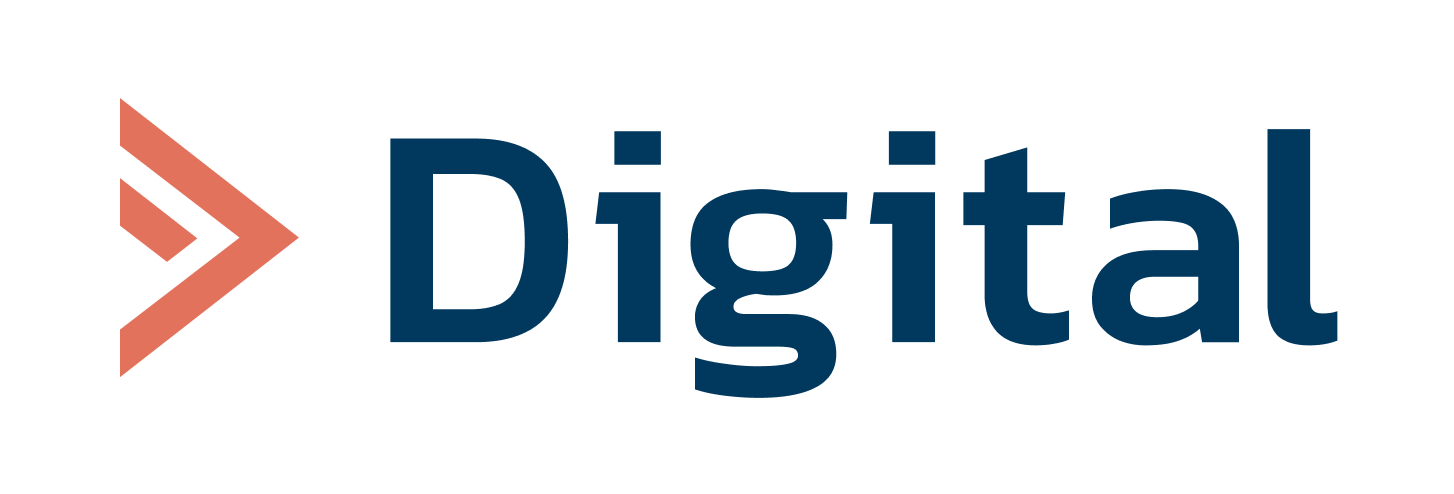Nvidia and U.S. pharmaceutical giant Eli Lilly have announced the creation of a joint research laboratory in San Francisco, with a planned investment of $1 billion over the next five years.
Author: Mikolaj Laszkiewicz
Google has removed some AI-generated health summaries after an internal investigation found serious and potentially dangerous factual mistakes. The issue affected features designed to help users understand medical topics, but in practice they could have led to incorrect health decisions.
On January 21, Dublin will host the Life Sciences & Pharma Networking Evening – an intimate, evening event aimed at technology and innovation leaders from the life sciences and pharmaceutical sectors. The gathering will combine a keynote, a panel discussion and networking, focusing on how digital transformation – including AI and data analytics – is tangibly reshaping the industry under strict regulatory conditions.
Growing demand for experts in artificial intelligence and advanced technologies has led to a 12% year-on-year rise in job vacancies in the UK financial sector, according to data published by recruitment firm Morgan McKinley. The trend shows that banks and financial institutions are stepping up investment in AI despite regulatory pressure and economic uncertainty.
Internet connectivity in Iran collapsed sharply on Thursday evening local time as nationwide protests fueled by an economic crisis intensified. Data from network-monitoring firms indicate a near-total blackout, which experts say is the result of actions taken by state authorities.
Grok, an application developed by xAI and distributed via the X platform, has come under growing criticism following reports that it can generate sexualized deepfakes and content that violates app store policies. This raises a fundamental question: why does the tool remain available on the Apple App Store and Google Play, when other apps have previously been removed for far less controversial features?
OpenAI has officially introduced ChatGPT Health — a new feature within the ChatGPT platform that allows users to securely connect personal health and medical data to conversations with AI. The product is designed to help users better understand test results, prepare for medical appointments, and receive more personalized health-related answers, without replacing professional medical care.
Utah has become the first U.S. state to formally allow artificial intelligence to autonomously renew prescriptions without a doctor’s direct involvement. The pilot program, implemented in partnership with Doctronic, is set to cover thousands of patients and will focus on routine renewals for chronic conditions, with specific safety limits in place.
Microsoft is considering another round of layoffs as early as January, as rapidly rising costs related to the development and maintenance of artificial intelligence infrastructure begin to weigh heavily on the company’s financial performance. Despite strong revenue growth, investments in AI are increasingly squeezing operating margins.
The New Zealand government has launched a wide-ranging review of a cybersecurity incident that affected Manage My Health—one of the country’s most widely used platforms for managing electronic patient records. The attack may have exposed private information belonging to around 6–7% of the platform’s 1.8 million registered users and prompted an immediate response from the government and data-protection bodies.

